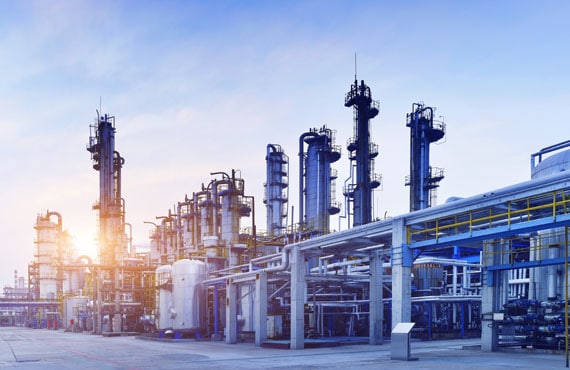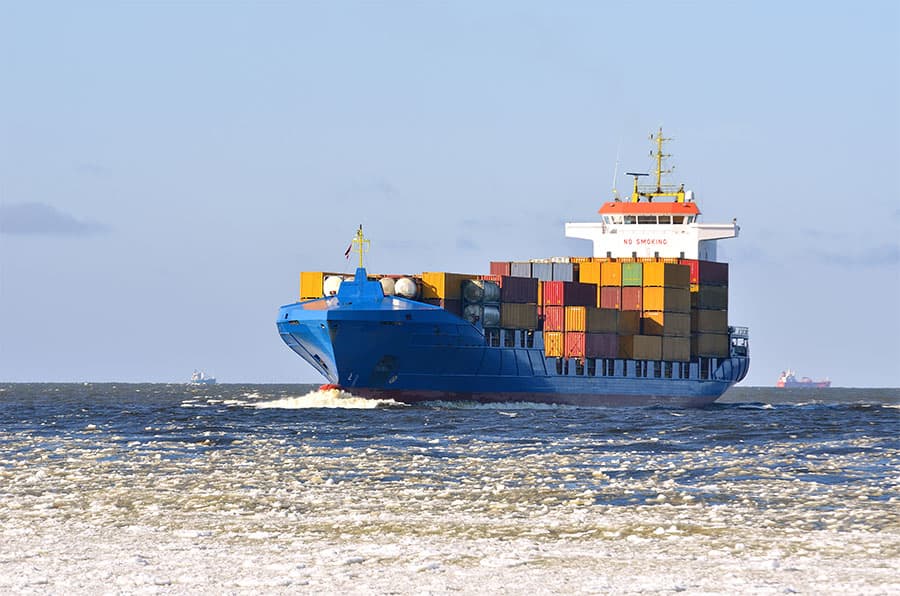Experience Overview
Vista Projects provides engineering services for upgrading and complex processing facilities projects. The scope of our experience includes pre-front end engineering design (pre-FEED), FEED, detailed engineering (DE) and construction management support.

Vista Projects also has extensive experience with utilities, tankage, and well pad & pipeline development. Our project history includes long-term brownfield programs and multi-phase greenfield expansion projects.
Highlighted Projects
Asphalt Terminal
Vista Projects performed the detailed engineering design of an asphalt storage facility with transfer stations. The facility included:
- two 64,000 barrel asphalt storage tanks
- four truck off-load and two truck load-out stations
- associated pumps and piping systems
The design also included a hot oil heating system for tank heating and heat tracing. Facility Design Requirements:
- Truck unload temperature – min. / max. 290°F / 320°F
- Tank maintain temperature during summer – min. / max. 220°F / 310°F
- Truck load temperature – min. / max. 290°F / 315°F
- Normal and maximum hot oil temperatures.400°F / 460°F

Partial Upgrading & Desulphurization Pilot Plant
Vista Projects performed the engineering and procurement for a pilot demonstration facility that allows for partial upgrading and desulphurization of heavy hydrocarbon feedstocks into IMO-compliant marine fuel.
Related Brochures
Looking for more information? Download one of our related brochures to learn more about Vista Projects’ engineering consulting services.
Project Experience Overview
Modularization Optimization
Engineering Capabilities
As an engineering consulting firm, Vista Projects draws on its decades-long experience with facilities engineering design to provide a wide range of capabilities to the refining industry. We provide extensive consultation on how to best implement cost-saving initiatives and enhance long-term refinery profitability.
Gasification
Gasification processes convert low-value feedstocks (biomass or other fuel sources) into marketable products, like syngas. It’s a clean and reliable way to monetize low-value feedstocks to produce high-quality end products.
Hydrocracking Plants
Hydrocracking is one of the most common methods of producing products like kerosene, naphtha, or jet fuel from the components of heavy oil. Hydrocracking plants usually combine two processes, including hydrogenation and catalytic cracking, to convert feedstocks into valuable end products.
Residue Upgrading
Residue upgrading processes help refiners monetize their operations. Hydrogen is added to refined residue to produce high-quality, low-sulphur products.
Market Overview
Petroleum refining processes involve transforming crude oil into marketable end products for a variety of industries. As an infrastructure-dependent industry, refineries need proper electrical and automated systems in place for efficiency in output and processes. The enormous rise in demand for energy across the globe requires the construction of refineries that are optimized to ensure productivity and profitability.
What Our Clients Say

Improve your project success with the help of seasoned experts

Tyler Elchuk
Business Development Director
All Clients Deserve
A Single Source of Truth
Our unique truth-based industrial engineering execution model facilitates:
- Transparency about projects and assets
- A collaborative problem-solving approach
- High-quality engineering designs
By structuring data in a single-source-of-truth (SSOT) environment, we simplify the digital transformation of your asset and help you make more informed decisions. Learn more about our system integration services.


